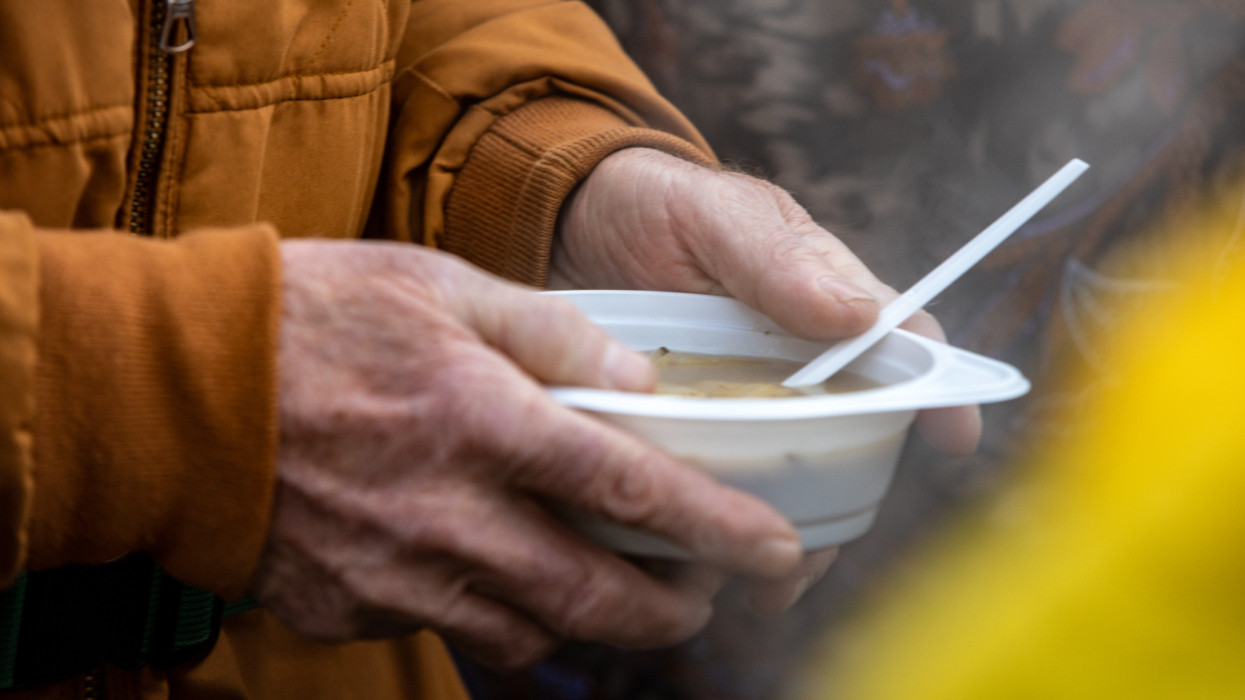Agriculture
Coherence between farming, trade and environmental policies
Ministers held an exchange of views on ways to strengthen coherence between the Green Deal, the common agricultural policy (CAP) and trade policy, in order to support the transition to sustainable food systems.
On the whole, ministers recognised the need to strengthen coherence between the EU's sectoral and trade policies in order to achieve the aims of the European Green Deal and its related sectoral strategies.
Many ministers highlighted the importance of improving coherence between the EU's own health and environmental standards and those applied to imported agri-food products, in line with WTO rules and in cooperation with the EU's trade partners, notably by reconsidering maximum limits for phytopharmaceutical residues and introducing mirror clauses into EU law.
The adoption of Council conclusions on ‘the EU's commitment to an ambitious Codex Alimentarius fit for the challenges of today and tomorrow,' is also part of this aim to promote European values in the context of international negotiations, in particular by fostering the inclusion of a sustainability dimension.
Today's Council meeting focused on the reciprocity of standards and the promotion of European standards and values at international level. Both the discussions on coherence between the European Green Deal, the CAP and trade policy and on the proposed regulation on combatting deforestation and forest degradation, as well as the adoption of Council conclusions on the Codex Alimentarius, made it clear that Europeans will no longer accept products that run contrary to our efforts to make our food systems more sustainable.
Julien Denormandie, French Minister for Agriculture and Food
Deforestation-free products
Farming ministers held a policy debate on the Commission's proposal for a regulation on deforestation-free products, the aim of which is to ensure that products consumed on the EU market do not contribute to deforestation and forest degradation worldwide. It will do so by setting due diligence rules for operators so as to reduce the risk that commodities placed on the EU market, such as soy, beef, palm oil, wood, cocoa and coffee, are associated with deforestation.
On the whole, ministers welcomed the proposed regulation. In particular, they highlighted the need to establish clear, unambiguous definitions, in line with the EU's forest policy, to avoid disproportionate administrative and financial burdens (in particular for small operators), to ensure that the regulation is implemented consistently across the EU, to verify compliance with WTO rules and to establish good relations with non-EU countries.
A policy debate on the proposal will take place during the Environment Council on 17 March 2022.
- Regulation on deforestation-free products – information from the presidency
- Proposal for a regulation on the making available on the Union market as well as export from the Union of certain commodities and products associated with deforestation and forest degradation
Market situation
Based on information provided by the Commission and member states, ministers held an exchange of views on the market situation for agricultural products. During the discussion, member states highlighted a number of concerns, in particular the impact on agriculture of rising energy, fertiliser and feed costs. The Polish delegation also took the floor to provide information about challenges facing the pigmeat sector in Europe; this point followed up on similar points raised at previous Council meetings and was supported by other member states. Other topics discussed included the economic impact of veterinary diseases, such as African swine fever and highly pathogenic avian influenza, as well as developments reported by member states as having a particular impact on agriculture. Ministers took note of the Commission's proposal for a high-level group on the pigmeat sector, which would work on finding a solution to the current crisis in the medium-to-long term.
- Latest data on the agricultural market situation
- Situation on the pig meat market – information from the Polish delegation, supported by Hungary and Latvia
Other topics on the agenda
During the meeting, ministers received information from member states on the revision of the EU's agricultural promotion policy and drought conditions in Portugal and Spain. They also discussed the need to ensure a fair income for farmers.
Ministers received information from the Commission about reports on the phytosanitary measures on imports into the EU and on the extension of the use of plant passports. Other topics discussed included the need to improve the well-being and health of dogs bred for commercial purposes and the labelling of free-range eggs.
- Reports on the phytosanitary measures on imports into the EU and on the extension of the use of plant passports in the EU – information from the European Commission
- Report from the European Commission on the enforcement and effectiveness of plant health measures relating to imports into the Union territory
- Report from the European Commission to present the experience gained from the extension of the plant passport system to all movement of plants for planting within the Union territory
- EU legislation on the commercial keeping and sale of dogs – information from the Danish delegation
- Potential, negative effects of the review of the eligibility of products within the EU promotion policy – information from the Polish delegation on behalf of the Austrian, Belgian, Bulgarian, Hungarian, Irish, Italian, Latvian, Lithuanian, Polish, Portuguese and Spanish delegations
- 16-week period for free range eggs in relation to the avian influenza situation in 2021-2022 – Information from the Netherlands delegation, supported by Austria, Bulgaria, Cyprus, Denmark, Estonia, Ireland, Italy, Luxembourg, Malta, Portugal, and Romania
- Severe drought situation in Portugal and Spain – Information from the Portuguese and Spanish delegations
- Fair income for farmers: A new alliance for food security in Europe – information from the Austrian and German delegations on behalf of Austria, Belgium, Bulgaria, Cyprus, Finland, Germany, Greece, Hungary, Italy, Malta, Portugal, Romania, Slovenia and Spain
The Council also adopted without discussion the items that figured in the list of non-legislative A items.







